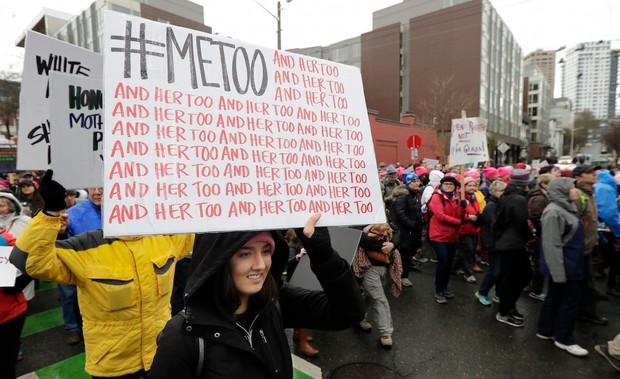
After the #MeToo movement became the hot button topic in America, with big named celebrities and producers meeting their ruin after a slew of sexual harassment allegations swept Hollywood, the fervor surrounding sexual harassment is dying down, but only for men.
According to Gallup, following their October 2017 poll asking men about the importance of the sexual harassment issue after producer Harvey Weinstein had accusation after accusation flung at him, 71 percent of men said the issue was a “major problem.”
Gallup reports now that 55 percent of men younger than 50 years of age care about the issue. That’s a 16 point drop. Men over 50 only dropped at 10 percent, but with a lower number of people who consider it a “major problem” at 49 percent.
Women who consider it a major problem are also lower, but not by much, and the number of young women who consider it a major problem is still incredibly high at 72 percent, down from 74.
“The poll does not shed any light on why men’s views about sexual harassment may have changed since October 2017,” said Gallup. “During that time, a torrent of sexual misconduct allegations have been leveled against well-known men and widely covered in the media.”
“This preponderance of news coverage may have put men on the defensive,” continued Gallup. “Or it may be that they had a strong reaction in the immediate wake of the Weinstein allegations and start of the #Metoo movement, but that they have become somewhat desensitized to the issue since then.”
According to Gallup, Republican men are the primary group that has seen a drop in considering sexual harassment a “major problem,” and point to the likelihood of the drop being caused by the witch hunt of Brett Kavanaugh:
Brett Kavanaugh’s Supreme Court confirmation hearings may have also been a factor (54% of Republican men, including independents who lean Republican, considered sexual harassment to be a major problem in 2017, but just 35% do now; there is no difference since 2017 in the views of Democratic men, including Democratic leaners). Or it may be something else entirely, but the decline in concern about sexual harassment has clearly been predominantly among men and, in particular, Republican men and men younger than 50.
While it’s not yet been asked, Gallup likely nailed the reason on the head with their Kavanaugh theory. During that time, multiple accusations were thrown at then-Supreme Court nominee Kavanaugh, with some of the accusations being so unbelievable it defied logic.
As I wrote during the heat of Kavanaugh media circus, women have been known to lie about sexual assault for many reasons, many in recent history. With the likes of Christine Blasey Ford and Deborah Ramirez throwing unsubstantiated accusations against Kavanaugh, and the media doing its best to put even the most ridiculous accusations square into the spotlight, many on the right likely lost the feeling of urgency that the #MeToo movement was trying to convey.
In short, the #MeToo movement killed the #MeToo movement, and those who attempted to use it as a hammer to strike their political opponents turned their political opponents off to the cause.



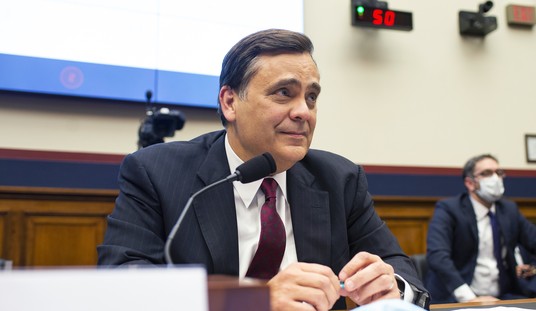

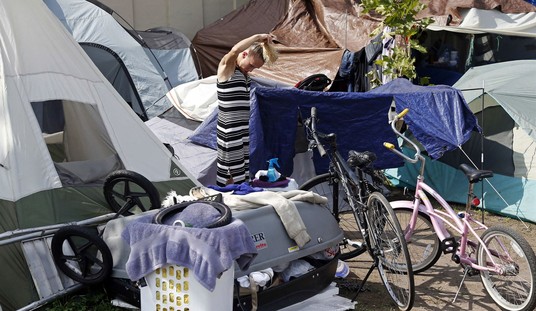
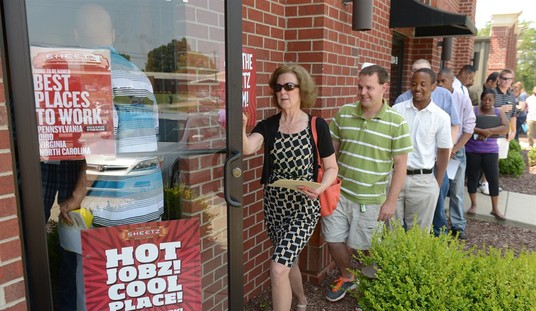
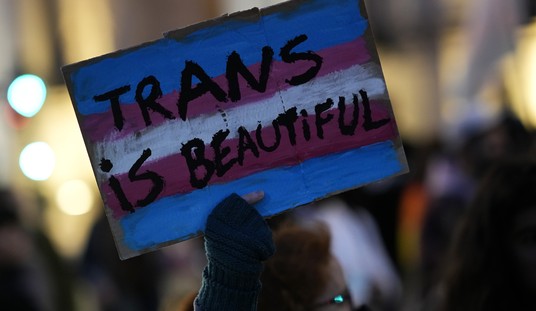



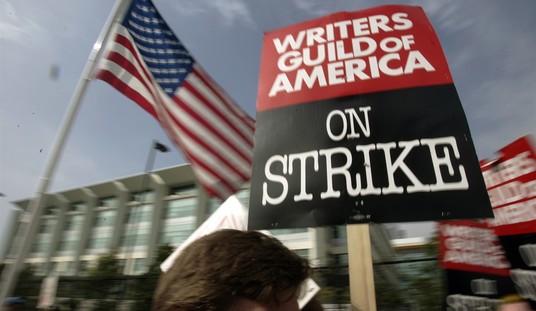
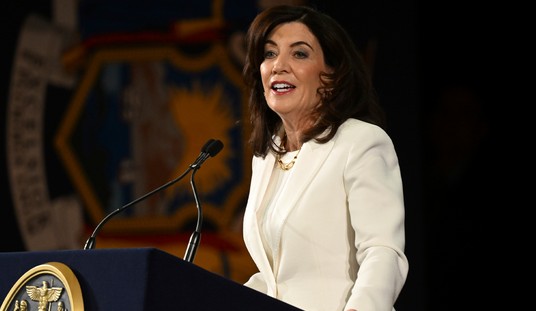


Join the conversation as a VIP Member